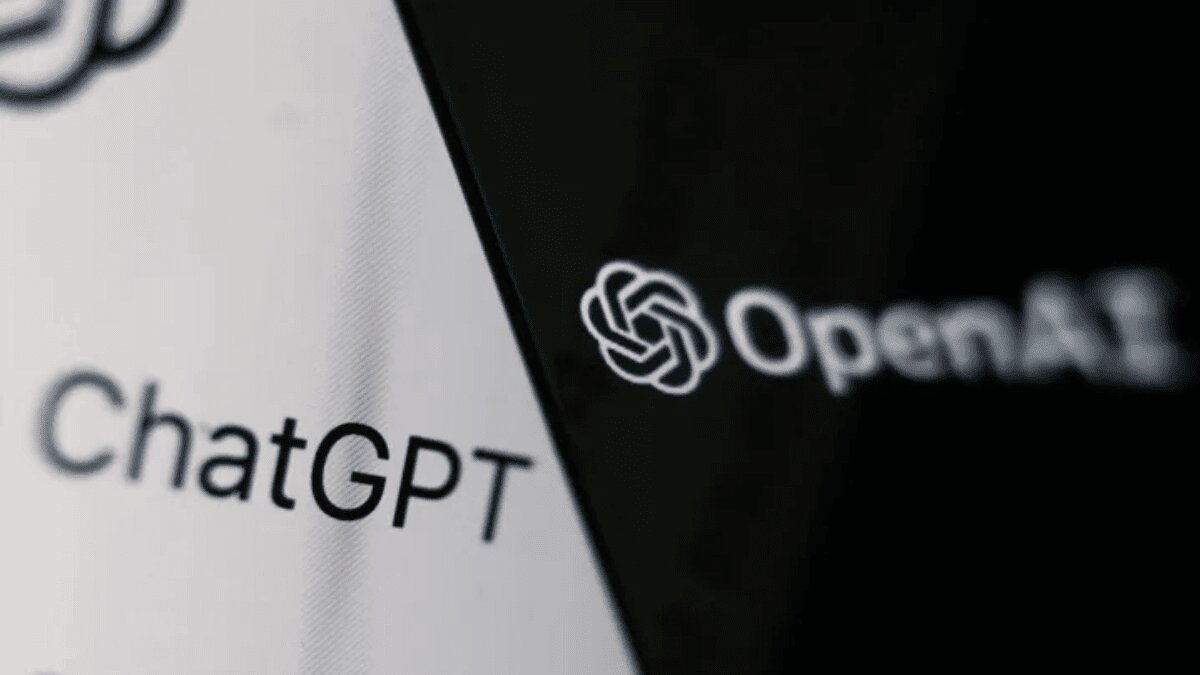Generative AI tools like ChatGPT frequently make headlines, yet a new study suggests few people use these tools regularly. Conducted by the Reuters Institute and Oxford University, the study involved 6,000 respondents from the U.S., U.K., France, Denmark, Japan, and Argentina. The findings reveal that OpenAI’s ChatGPT is the most widely used generative AI tool, outperforming Google Gemini and Microsoft Copilot by a factor of two or three.
Despite the hype over the past 18 months, daily usage of ChatGPT remains low: only 1% in Japan, 2% in France and the UK, and 7% in the U.S. The study also highlighted that 19% to 30% of respondents are unaware of the most popular generative AI tools. While many have tried at least one generative AI product, only a small minority are regular users who deploy them for various tasks.
The study found younger people are more likely to use generative AI tools regularly. Specifically, 56% of those aged 18 to 24 have used ChatGPT at least once, compared to just 16% of those aged 55 and over. About 24% of respondents have used generative AI to obtain information, while 28% have used it to create media, including text, audio, code, images, and video.
Researchers concluded that future use of generative AI will be driven by both stand-alone tools like ChatGPT and professional adaptation through workplace products. Additionally, generative AI elements will increasingly be integrated into widely used platforms such as social media and search engines, exemplified by Google Search’s recent enhancements.
The study noted public uncertainty about whether generative AI will positively or negatively impact their lives and society. This skepticism is understandable given many are unaware of these products, and few have frequent personal experience with them. However, younger people and those with higher levels of education, who are more likely to have used generative AI, tend to view the technology more positively.
Generative AI tools like ChatGPT are well-known but not yet widely used on a daily basis. Younger demographics are more engaged with these tools, and future adoption is expected to be driven by both professional applications and integration into existing platforms. Public sentiment remains cautious but shows signs of optimism among those more familiar with the technology.


